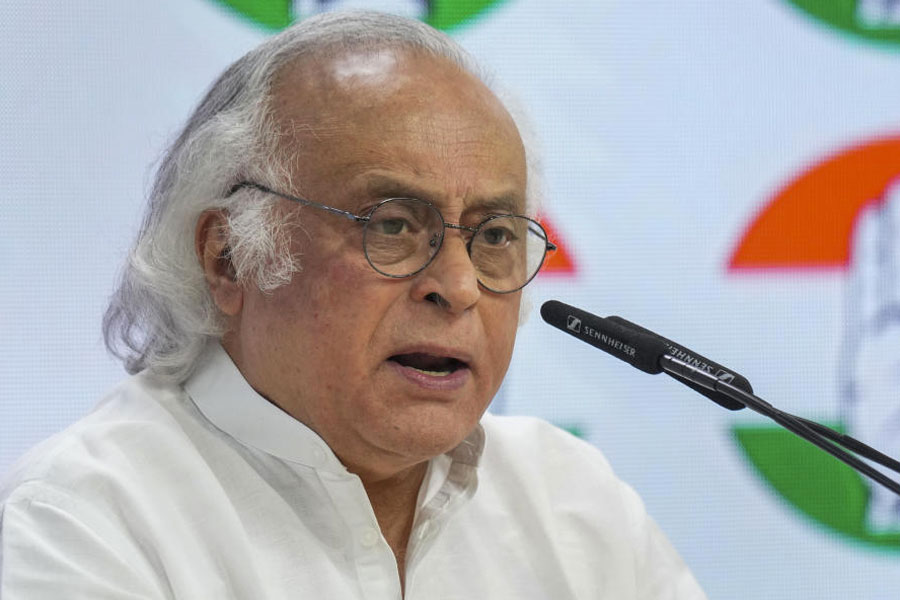Congress on Sunday dismissed the central government’s claim that "India is among the world’s most equal societies". The rebuttal came a day after the government cited India’s Gini Index score of 25.5 — placing it fourth globally in income equality, in a press release issued by the Ministry of Information and Broadcasting.
Congress general secretary Jairam Ramesh issued a detailed response, saying: “No country that has a poverty rate of 28.1 per cent can make a justifiable claim to being one of the most equal societies in the world.”
The statement called the Centre's interpretation of the World Bank data “staggeringly out-of-touch.”
The source of the row is the Poverty and Equity Brief for India released by the World Bank in April 2025. The Congress party, in a statement dated April 27, had flagged several issues with the report — concerns it says remain unaddressed even as the government’s “drumbeaters and cheerleaders have begun spinning the World Bank’s data.”
The April statement had pointed out: “Wage disparity in India is high, with the median earnings of the top 10% being 13 times higher than the bottom 10% in 2023–24. Moreover, sampling and data limitations suggest that consumption inequality [as measured by Government data] may be underestimated.”
It also noted that the government’s use of an updated purchasing power parity (PPP) conversion factor from 2021, rather than 2017, would inflate poverty reduction figures. “More updated data... would result in a higher rate of extreme poverty,” the statement read.
The party also challenged the Centre’s poverty benchmarks. It cited the World Bank’s lower-middle-income poverty line of $3.65/day, under which India’s poverty rate stood at 28.1% in 2022. This figure contrasts sharply with the Centre’s assertion, based on a $3/day benchmark, that only 5.3% of the population remains poor.
According to Ramesh, the government’s positive spin stems from “limited availability and the uncertain quality of Government data, as well as to the selection of benchmarks to measure poverty.”
The Congress also criticised the government for failing to update the national poverty line since the Rangarajan Committee’s 2014 report. “The lack of clarity and transparency over the prevalence of poverty in India is a result of this Government's confused and opaque policymaking,” it said.
The party’s statement outlines broader policy recommendations: strengthening schemes such as MGNREGA and the National Food Security Act, increasing MGNREGA wages, including 10 crore additional persons under the NFSA, and conducting the long-delayed Population Census, now scheduled for 2027.
The critique extends to macroeconomic policy. “Sharpening inequality is now firmly embedded in the nature of our economic growth and its trajectory fueled by the Modi Govt’s policies and the widening gap between the privileged few and the dispossessed many can no longer be denied.”
The statement urged reforms to the Goods and Services Tax to reduce its regressive impact, an end to “tax terrorism,” corporate favouritism, and direct income support for households.
Meanwhile, the Ministry’s release credited several welfare schemes for India’s improvement on poverty indicators. Among them: PM Jan Dhan Yojana, Aadhaar, Direct Benefit Transfer, Ayushman Bharat, PM Garib Kalyan Anna Yojana, and PM Vishwakarma Yojana. It stated that India’s poverty rate had dropped from 16.2% in 2011–12 to 2.3% in 2022–23 under the $2.15/day threshold.










